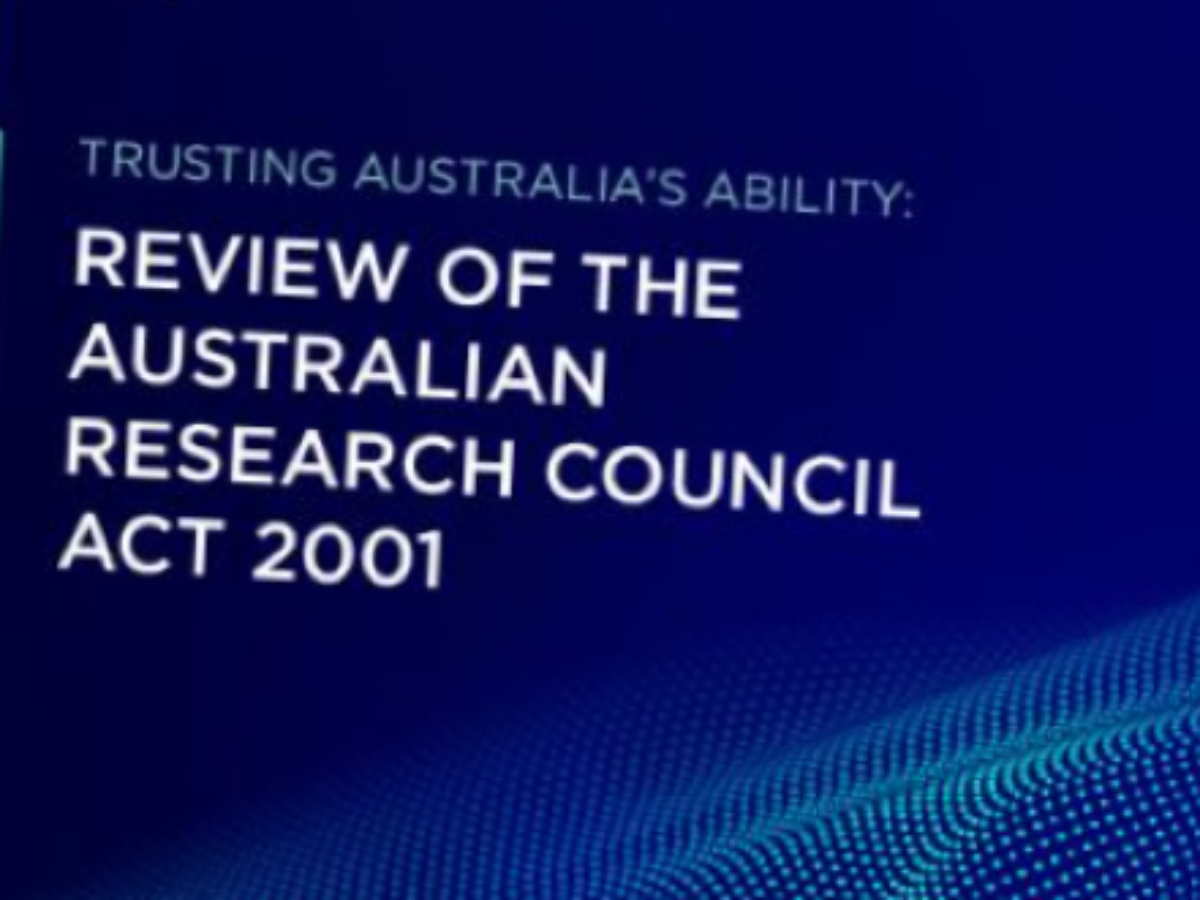Strip ministers of veto over ARC grants – review

The escalating abuse of the process for allocating grants for scientific research in recent years has had its denouement with the release of an independent review by eminent scientists which found that the Australian Research Council, and not the minister, should decide who receives federal science grants.
Education Minister Jason Clare yesterday released the review, Trusting Australia's Ability: Review of the Australian Research Council Act 2001, which said a strong theme of its work was the need for ‘the Minister to exercise proper and necessary oversight of the Guidelines and levels of funding available under the National Competitive Grants Program (NCGP)'.
The review concluded: “The ARC Chief Executive Officer (CEO) should have the capability and expertise to oversee the administration of the grants program.
“Individual grants under the NCGP should not require approvals by the Minister, but recommendations and approvals should be made by those best placed to judge the intrinsic merit of the proposals.”
The review panel was led by Professor Margaret Sheil AO, Vice Chancellor and President of Queensland University of Technology and former CEO of the ARC.
It also included Professor Mark Hutchinson, the Director of the Centre of Excellence for Nanoscale BioPhotonics and a Professor of Medicine at the University of Adelaide, and Professor Susan Dodds, Senior Deputy-Vice Chancellor and Vice-President (Research & Industry Engagement) and Professor of Philosophy at La Trobe University.
The said: “There should be appropriate checks and balances and the Minister should retain the means to intervene in the extraordinary circumstance of a potential threat to national security.
“Where the Minister does exercise directions in relation to the National Competitive Grants Program (NCGP), these would require transparency and Parliamentary oversight.”
These programmes allocate around $800 million a year to scientific research.
The review did say that the Minister should have wider discretion to direct funding outside the NCGP to advance the Government’s strategic research objectives.
“To give clarity to the distinction between the NCGP and other ARC programs and activities, the Panel has recommended the NCGP be administered via the ARC Research Endowment Account (as is the case for the National Health and Medical Research Council (NHMRC) with its Medical Research Endowment Account) and that the special conditions around grant approvals only apply to the NCGP.
“This allows flexible or different arrangements to apply to non-NCGP Programs the ARC may administer for government purposes now and into the future.”
The panel said interventions in the process – usually through vetoing recommended grants on political grounds – had eroded trust in the ARC and reflected badly on the ARC and the grants process.
“Applying for an ARC grant is a career-defining, labour-intensive process with a success rate of around 20 per cent, and these arbitrary interventions have been a widespread source of despair, particularly acute in the humanities in which the majority of the cancelled projects were focused.”
ARC-linked research has supported the technology underpinning solar cells and quantum computing; helped to bring the internet to Australia; and provided scientific expertise about COVID-19 to the World Health Organisation.
Jason Clare said the government would consider the findings of the ARC report and respond in due course.
Image: Australian Research Council
Topics Technology
@aumanufacturing Sections
Analysis and Commentary Awards casino reviews Defence Gambling Manufacturing News Online Casino Podcast Technology Videos





